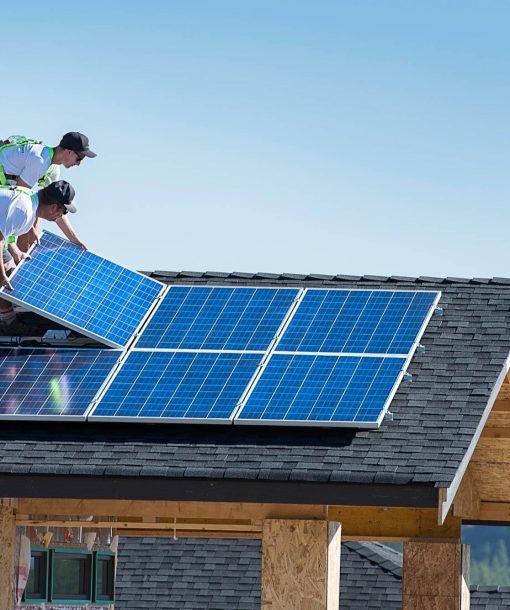Residential Solar System
Residential solar systems offer numerous benefits, including reduced electricity bills, lower carbon footprint, and increased energy independence. However, the suitability of a solar system for a particular residence depends on factors such as location, roof orientation, shading, and local regulations. Therefore, it’s essential to consult with a qualified solar installer to assess your specific needs and determine the best system for your home. These panels are made up of solar cells, usually made of silicon, that capture sunlight and convert it into electricity through the photovoltaic effect.
We always ready for
a challenge.
Before installing a residential solar system, it's important to assess your energy needs, the available sunlight in your location, local regulations, and potential financial incentives to determine the feasibility and benefits of solar power for your home. Consulting with a professional solar installer can help tailor a system to meet your specific requirements. Overall, a residential solar system offers homeowners the opportunity to generate their own clean energy, reduce energy costs, and contribute to a more sustainable future.

Solar Panels
Photovoltaic (PV) solar panels are installed on the roof or ground of a residential property to capture sunlight and convert it into electricity. These panels are typically made of silicon cells and are connected together to form an array.
